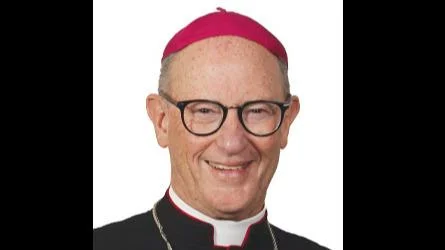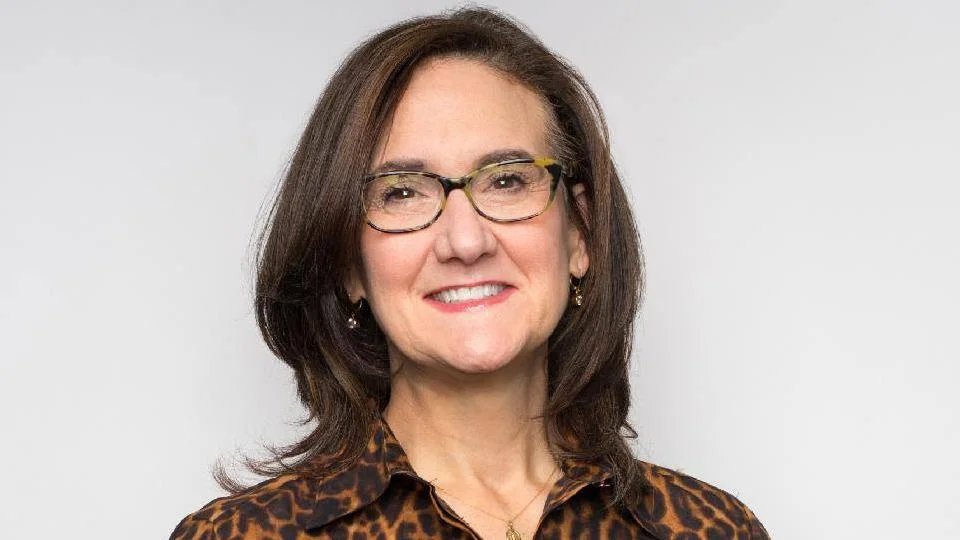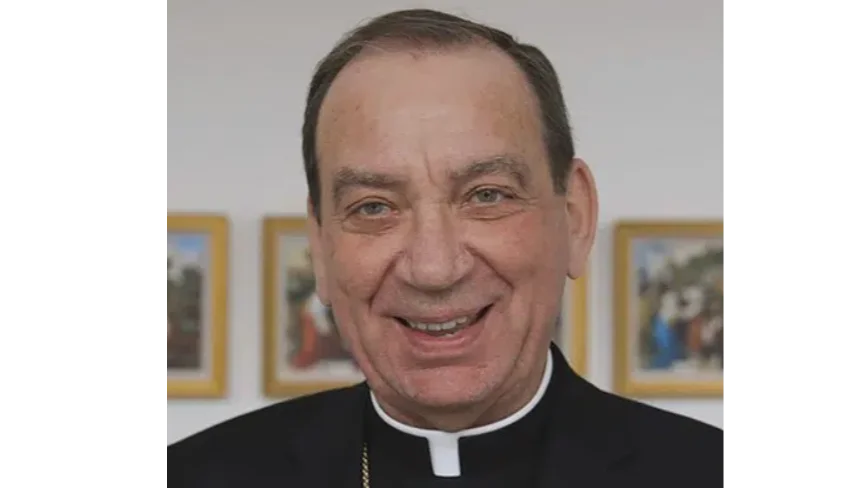
Rev. James D. Conley, D.D., S.T.L. | Diocese of Lincoln website
Charles Borromeo, whose feast day is observed on November 4, was born in 1538 into a wealthy family with significant influence in the Catholic Church. His uncle became Pope Pius IV, and at age 22, Charles was appointed cardinal even before becoming a priest.
Pope Pius IV assigned Charles as administrator of Milan, a position that had been vacant for 80 years. However, Charles was also given numerous other responsibilities. According to “Butler’s Lives of the Saints,” Pius made him “Legate of Bologna, Romagna and the March of Ancona, and protector of Portugal, the Low Countries, the Catholic cantons of Switzerland, and the orders of St Francis, the Carmelites, the Knights of Malta, and others.”
Despite his many duties, Charles played a central role in keeping the Council of Trent active during its final session. He persuaded Pope Pius IV to reconvene it and worked to overcome opposition among bishops so that they could complete their work. Charles contributed to drafting both the Catechism of the Council of Trent and editions of liturgical texts such as the missal and breviary.
He established an institute for clerical scholarship at the Vatican and founded CCD (the Confraternity of Christian Doctrine) to educate youth in his diocese.
After being officially ordained bishop of Milan by Pius IV, Charles was initially called back to Rome but later returned permanently after Pope Pius V’s election.
As Bishop of Milan, he convened six provincial councils and eleven smaller diocesan councils. Reforming his diocese was his main goal; ultimately he succeeded in making Milan a model for other dioceses.
Charles’ reforms were controversial and led to several assassination attempts. One incident involved a priest shooting him while he prayed at home; his clothing prevented serious injury.
Known for generosity with his wealth and time, Charles responded to famine by feeding 3,000 people for three months using family resources. During a plague from 1580-82 in Milan, he gathered clergy to minister personally to those affected and spent all remaining personal funds on relief efforts.
Charles Borromeo died not from plague but from fever in 1584. The process leading to his canonization took less than thirty years; he was declared a saint by Paul V in 1610. He is recognized as patron saint for catechists and their students.





 Alerts Sign-up
Alerts Sign-up